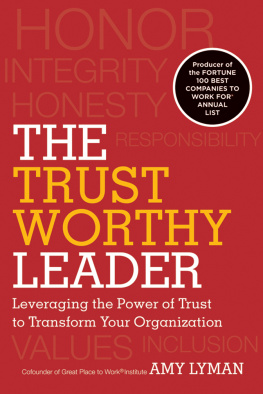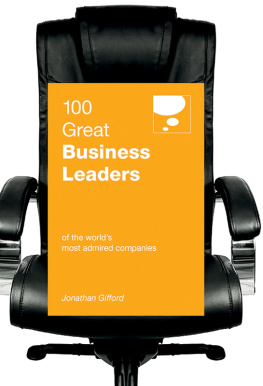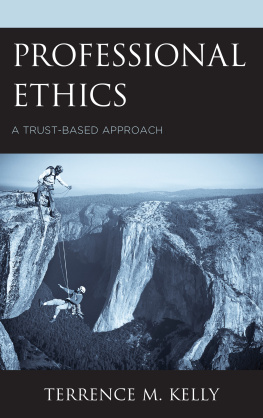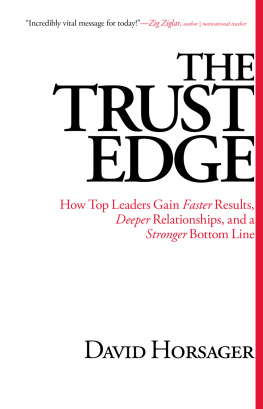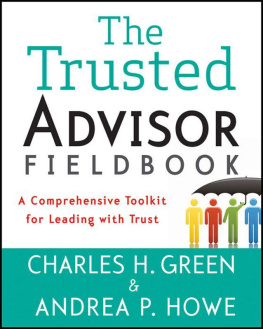Amy Lyman is a cofounder of the Great Place to Work Institute. During her tenure she developed the Institutes consulting services in the United States, and oversaw the financial, legal, and operational activities of the entire organization. She served as president of the Institute for a time and as chair of the board of directors, leaving that role in 2008.
During the past few years she has studied the qualities that distinguish Best Companies from good companies, focusing on the role of the Trustworthy Leader. She has written numerous articles on this topic and has been a featured speaker at management workshops and conferences. Honesty and integrity are central to her work.
Amy received her Ph.D. from the University of Pennsylvania and her B.S. from the University of California, Davis.
Prior to founding the Great Place to Work Institute, Amy taught classes in organization development, systems theory, and qualitative research methods in the Department of Applied Behavioral Sciences at the University of California, Davis. She began her consulting work while a research fellow at the Wharton Center for Applied Research at the University of Pennsylvania, and was a founding board member of the Family Firm Institute.
The Great Place to Work Institute is a global research and consulting firm headquartered in San Francisco, with thirty-two affiliates in Europe, the Americas, Asia, and Oceana. The Institute uses its Trust Index employee survey and Culture Audit to produce the Fortune 100 Best Companies to Work For and the Best Small & Medium Companies to Work For in America lists, in addition to best companies lists in forty countries. The Institute recognizes the worlds best workplaces and provides conferences, workshops, and advisory and consulting services to those who seek to create great workplaces of their own.
For over twenty years, the Institute has been conducting research into the best workplaces in the United States and around the world, and through this research has amassed a sizable body of knowledge about the characteristics, similarities and differences, cross-cultural variations, and practices that support great workplaces.
ACKNOWLEDGMENTS
There are always many peoples contributions to recognize when you are presenting something that reflects many years of workand that is the case with this book. Given that Ive written a lot about the experiences that shaped the trustworthy leaders in my book, I also have many experiences that I could acknowledge as influential to my own development and the development of the ideas Ive shared here. For reasons of space and time, Im limiting my comments here, and will include more stories and thank-yous on my website, www.trustworthyleader.org.
I give a deep thank-you to everyone who consented to be interviewed for this book. I appreciate your willingness to share your time and your stories with me and to allow me to share your stories with others.
I thank the people at Jossey-Bass who have supported this and other projects with the Institute. In particular, Genoveva Llosas editorial contributions, Lisa Shannons many conversations, and Holly Allens interest in developing companion training materials have all kept things moving forward. We have shared intense discussions and pushed through challenges to keep things on track. My work is better because of their support. I also thank Jenna Free and Kristi Hein for their thoughtful editing, helping me to convey my ideas more clearly and succinctly.
I thank the people with whom Ive worked at the Institute for so many years and those of you who have moved on to other positions as well. What we started at the Institute was built on a desire to change the world. People came together, worked hard, shared their ideas and laughter, and created a spirit of togetherness that was quite compelling to all of us and to the companies and people with whom we worked.
There are many names to mentionSarah, Erika, Michael, Hal, Suzanne, Jen, Brooke, Todd, Ann, Marcus, Jessica, and otherspeople Ive worked with for years, who helped me to learn and grow. I think of you all often.
I also thank the people at Neteor who worked with me for years, developing phenomenal web-based tools that enabled me to sort through reams of data that used to make my eyes glaze over. I never would have been able to sift through all the employee survey, culture audit, and employee comment records without the brilliant help of people at Neteor.
I want to thank my father for inspiring me always, for challenging me to look at the consequences of my actions, and for supporting me even when he didnt fully understand what I was doing and why. I want to thank Helen OBannon and Tom Ehrlich for being role models for me so many years ago, encouraging me to stick up for what I thought was right and to speak out on issues of importance to me. I want to thank Marc Simon for giving me so much of his time and care, for talking over ideas that were just barely formed, for always, always encouraging me to write, and for his heartbeat. I want to thank Simeon, my amazing son, for giving me so many gifts and sticking with me as we go forward. He is my inspiration for creating a better world for everyone.
INDEX
A
Accompaniment, role in followership
Accountability system, to address risk
Addicks, Mark
Allen, Bob
Alvarez, Alvaro
American Cast Iron Pipe Company (ACIPCO)
Anderson, Lloyd
Anderson, Mary
B
Baird, Robert. See also Robert W. Baird & Company
Benefits, sharing
Bennis, Warren
Burton, Rob
Buzachero, Vic
C
Capability of accomplishments, developing others through belief in
Card, Bob
Career development
CEOs: approachability of; getting what they inspect; interacting with employees; spending time with employees; time spent on people issues by. See alsonames of specific CEOs
CH2M HILL
Change: culture, through reciprocity; importance of sharing information to; of personnel policies
Charmel, Patrick
Choice, role in followership
Clyburn, Tenille
Connection, role in followership
Core values: of Hoar Construction; of REI
Courter, Craig
Creating full lives, developing others through
Credibility
Culture: changed through reciprocity; creating inclusive; customer service as foundation of; developing, to address risk; of followership; freedom in, of W. L. Gore; of Google; inclusive, financial success due to
Customer service: at CH2M HILL; at Scripps Health; at Stew Leonards; at Wegmans
D
Decision making, inclusion in
DePeters, Jack
Developing others; leaders showing; origin of belief in; as quality of Trustworthy Leaders; rationale for; through belief in capability of accomplishments; through creating full lives; through providing path to follow
The Difference (Page)
Diversity. See Inclusion
Dixon, Leslie
Dunlap, Al
E
Eagan, John
Eckert, Douglas
EILEEN FISHER
Email
Employees: as associates; empowerment of; helped in tough economy; lack of recognition of, by organizational leaders; praise given to; sharing benefits with; support systems for diverse; treated as equals by CEO
Engaging followers. See Followership
F
Fairness: culture of, to address risk; as element of trustworthiness
Farr, Bob
Fear: followership based on; leadership based on; sharing information as reducing
Febbraio, Wendy
Financial success: inclusive culture given credit for; of stereotypical successful leaders; with Trustworthy Leadership. See also Money
Finding opportunities in uncertainty; addressing risk when; development of belief in; knowledges role in; leader practicing; overview of; as quality of Trustworthy Leaders; through trustworthy behavior; wisdoms role in

